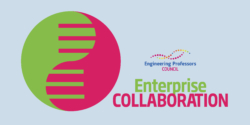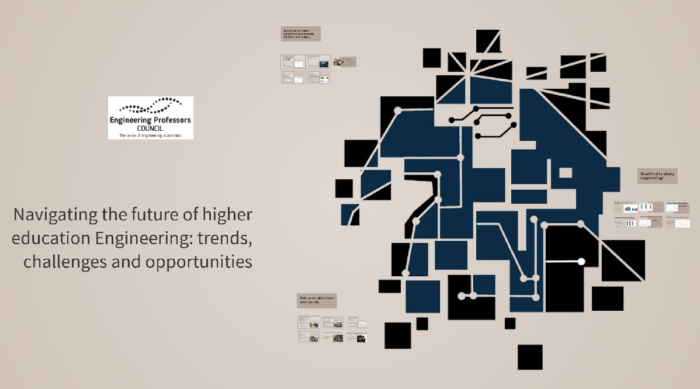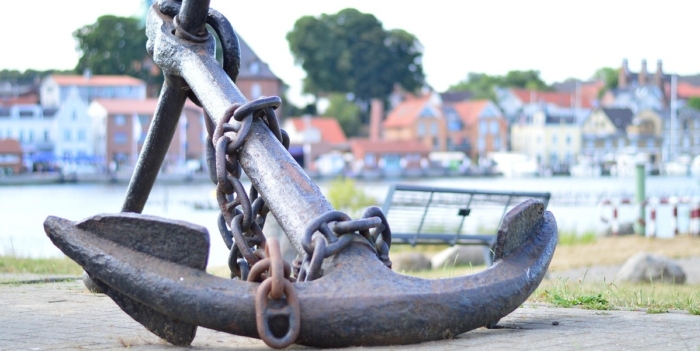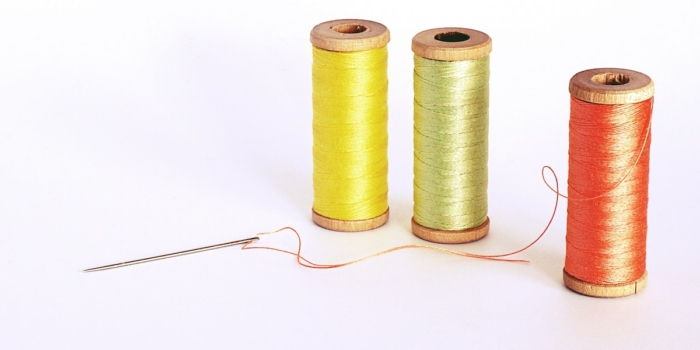 Theme: Graduate employability and recruitment, Collaborating with industry for teaching and learning
Theme: Graduate employability and recruitment, Collaborating with industry for teaching and learning
Authors: Bob Tricklebank (Dyson Institute of Engineering and Technology) and Sue Parr (WMG, University of Warwick).
Keywords: Partnerships, Academic, Industry
Abstract: This case study illustrates how, through a commitment to established guiding principles, open communication, a willingness to challenge and be challenged, flexibility and open communication, it’s possible to design and deliver a degree apprenticeship programme that is more than the sum of its parts.
Introduction
Dyson is driven by a simple mission: to solve the problems that others seem to ignore. From the humble beginnings of the world’s first bagless vacuum cleaner, Dyson is now a global research and technology company with engineering, research, manufacturing and testing operations in the UK, Singapore, Malaysia and the Philippines. The company employs 14,000 people globally including 6,000 engineers and scientists. Its portfolio of engineering expertise, supported by a £3 million per week investment into R&D, encompasses areas from solid-state batteries and high-speed digital motors to machine learning and robotics.
Alongside its expansive technology evolution, Dyson has spent the past two decades supporting engineering education in the UK through its charitable arm, the James Dyson Foundation. The James Dyson Foundation engages at all stages of the engineering pipeline, from providing free resources and workshops to primary and secondary schools to supporting students in higher education through bursaries, PhD funding and capital donations to improve engineering facilities.
It was against this backdrop of significant investment in innovation and genuine passion for engineering education that Sir James Dyson chose to take a significant next step and set up his own higher education provider: the Dyson Institute of Engineering and Technology.
The ambition was always to establish an independent higher education provider, able to deliver and award its own degrees under the New Degree Awarding Powers provisions created by the Higher Education and Research Act 2017. But rather than wait the years that it would take for the requisite regulatory frameworks to appear and associated applications to be made and quality assurance processes to be passed, the decision was made to make an impact in engineering education as quickly as possible, by beginning delivery in partnership with an established university.
Finding the right partner
The search for the right university partner began by setting some guiding principles; the non-negotiable expectations that any potential partner would be expected to meet, grounded in Dyson’s industrial expertise and insight into developing high-calibre engineering talent.
1.An interdisciplinary programme
Extensive discussions with Dyson’s engineering leaders, as well as a review of industry trends, made one thing very clear: the engineers of the future would need to be interdisciplinarians, able to understand mechanical, electronic and software engineering, joining the dots between disciplines to develop complex, connected products. Any degree programme delivered at the Dyson Institute would need to reflect that – alongside industrial relevance and technical rigour.
2. Delivered entirely on the Dyson Campus
It was essential that delivery of the degree programme took place on the same site on which learners would be working as Undergraduate Engineers, ensuring a holistic experience. There could be no block release of learners from the workplace for weeks at a time: teaching needed to be integrated into learners’ working weeks, supporting the immediate application of learning and maintaining integration into the workplace community.
3. Actively supported by the Dyson Institute
This would not be a bipartisan relationship between employer and training provider. The fledgling Dyson Institute would play an active role in the experience of the learners, contributing to feedback and improvements and gaining direct experience of higher education activity by shadowing the provider.
WMG, University of Warwick
Dyson entered into discussions with a range of potential partners. But WMG, University of Warwick immediately stood out from the crowd.
Industrial partnership was already at the heart of WMG’s model. In 1980 Professor Lord Kumar Bhattacharyya founded WMG to deliver his vision to improve the competitiveness of the UK’s manufacturing sector through the application of value-adding innovation, new technologies and skills development. Four decades later, WMG continues to drive innovation through its pioneering research and education programmes, working in partnership with private and public organisations to deliver a real impact on the economy, society and the environment.
WMG is an international role model for how universities and businesses can successfully work together; part of a Top 10 UK ranked and Top 100 world-ranked university.
WMG’s expertise in working with industrial partners meant that they understood the importance of flexibility and were willing to evolve their approach to meet Dyson’s expectations – from working through the administrative challenge of supporting 100% delivery on the Dyson Campus, to developing a new degree apprenticeship programme.
Academics at WMG worked closely with Dyson engineers, who offered their insight into the industrial relevance of the existing programme – regularly travelling to WMG to discuss their observations in person and develop new modules. This resulted in a degree with a decreased focus on group work and project management, skills that learners would gain in the workplace at Dyson, and an increased focus on software, programming and more technically focused modules.
Importantly, WMG was supportive of Dyson’s intention to set up an entirely independent higher education provider. Rather than see a potential competitor, WMG saw the opportunity to play an important part in shaping the future of engineering education, to engage in reciprocal learning and development alongside a start-up HE provider and to hone its portfolio for future industrial partnerships.
The programme
In September 2017, the Dyson Institute opened its doors to its first cohort of 33 Undergraduate Engineers onto a BEng in Engineering degree apprenticeship, delivered over four years and awarded by the University of Warwick.
Two days per week are dedicated to academic study. The first day is a full day of teaching, with lecturers from WMG travelling to the Dyson Campus to engage in onsite delivery. The second day is a day of self-study, with lecturers available to answer questions and help embed learning. The remaining three days are spent working on live engineering projects within Dyson.
The first two years of the programme are deliberately generalist, while years three and four offer an opportunity to specialise. This academic approach is complemented in the workplace, with Undergraduate Engineers spending their first two years rotating through six different workplace teams, from electronics and software to research and product development, before choosing a single workplace team in which to spend their final two years. Final year projects are based on work undertaken in that team.
The Dyson Institute enhances WMG’s provision in a variety of ways, including administration of the admissions process, the provision of teaching and learning facilities, pastoral support, health and wellbeing support, social and extra-curricular opportunities, monitoring of student concerns and professional development support.
Key enhancements include the provision of Student Support Advisors (one per cohort), a dedicated resource to manage learners’ workplace experience, quarterly Wellbeing and Development Days and the Summer Series, a professional development programme designed to address the broader set of skills engineers need, which takes the place of academic delivery across July and August.
Continuous improvement
The collaborative partnership between Dyson, the Dyson Institute and WMG, the University of Warwick did not end when delivery began. Instead, the focus turned to iteration and improvement.
Dyson Institute and WMG programme leadership hold regular meetings to discuss plans, progress and challenges. These conversations are purposefully frank, with honesty on both sides allowing concerns to be raised as soon as they are noted. An important voice in these conversations is that of the student body, whose ‘on the ground experience’ is represented not only through the traditional course representatives, but through stream and workplace representatives.
Even as the Dyson Institute has begun independent delivery (it welcomed its first Dyson Institute-registered Undergraduate Engineers in September 2021), both partners remain dedicated to improving the student experience. The current focus is on increasing WMG’s onsite presence as well as the regularity of joint communications to the student body, with a view to supporting a more streamlined approach to challenge resolution.
Any views, thoughts, and opinions expressed herein are solely that of the author(s) and do not necessarily reflect the views, opinions, policies, or position of the Engineering Professors’ Council or the Toolkit sponsors and supporters.




